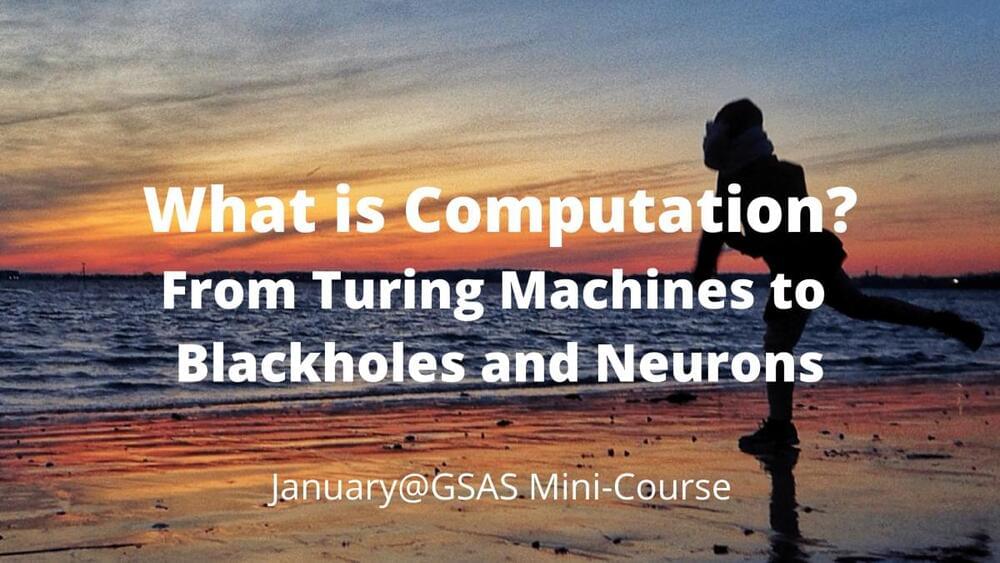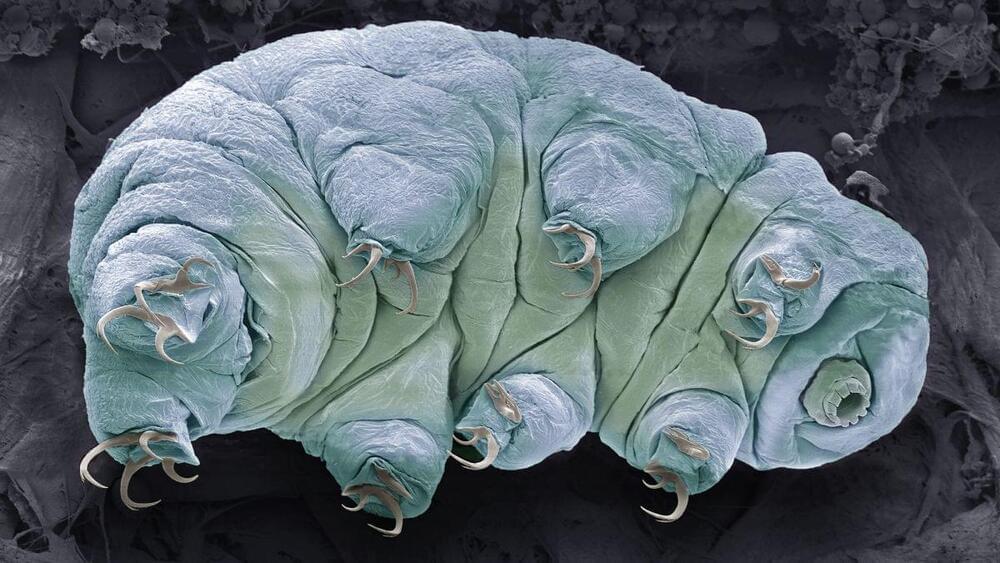The proposed system would essentially convert existing instructional manuals into a format that could be used by augmented reality systems.
China is making significant strides in the field of space technology, which has been traditionally dominated by the United States and Russia. It seeks to match and outpace the American hegemony in space that has become evident with the communist country launching its own space station and carrying out “unprecedented” tests. MUST-READ: Taiwan ‘Exposes Chinese […].
China operates Russian Sukhoi SU-35 fighter jet. Armed with PL-15 missiles, Su-35 can pose a big challenge to F-35 or F-22 stealth aircraft.
A group of geologists stumbled on the fossil of the giant creature, known as Arthropleura, during a “social trip” to England’s Northumberland region in 2018. It’s the largest such fossil ever found.
Between a supply chain full of holes, labor shortages across various sectors of the economy, and rising inflation, it’s shaping up to be a somewhat chaotic holiday season. Technology can’t fix all of these problems—or even most of them—but it can help get holiday shipments from point A to point B faster, cheaper, and without as many humans involved. Waymo’s partnership with UPS could mean some of your holiday gifts will be spending time in an autonomous truck on their way to you.
Waymo (which started out as the Google Self-Driving Car Project in 2009 and is still held by Alphabet, but raised $2.5 billion in its first outside funding round in March of 2020) first announced a partnership with UPS in January 2020, in which Waymo Driver was used to help move packages between UPS stores in Phoenix and the UPS hub in Tempe. Waymo’s Chrysler Pacifica minivans drove autonomously, but trained operators were on board to monitor the vehicles.
Last week the two companies announced an expansion of their existing partnership, saying they’ll start autonomous trial runs using Class 8 trucks equipped with the fifth-generation Waymo Driver. They’ll do deliveries for UPS’s North American Air Freight unit between facilities in Dallas-Fort Worth and Houston. Waymo’s initial route for its driverless cargo shipments also ran between Houston and Fort Worth, which the company said is one of the most highly utilized freight corridors in the country. The route is around 260 miles long, much of that a straight shot on Interstate 45.
[Cross posted on Chi-Ning’s blog, the course is open also to non-Harvard people. Chi-Ning is my amazing grad student, who has worked on several aspects related to the course, including quantum computation and neurally-plausible computation. He assembled a great collection of guest speakers and so this course looks like it will be very exciting. Boaz]
In the following January, Harvard GSAS kindly supports me to offer a mini-course on “What is Computation? From Turing Machines to Blackholes and Neurons”. In this blog post, I’m going to share the motivation for teaching this mini-course and give an overview on what you will learn if you are interested in participating!
Computation is not an exotic word for people living in the 21st century. In high school, kids have to learn and do all sorts of computations in arithmetics (and some even start to write computer programs!). For scientists, computational methods become more and more common and sometimes even completely change the paradigm of a field. There are computers of different forms hiding in our daily life ranging from your smartphones to the toy of your pets. Also, from time to time we see excitement on the news about the development of quantum computing and artificial intelligence. Computation has become central in human civilization, however, do we really understand what computation is?
Some experts are skeptical that the frozen moss piglet really entered a quantum state.
A new pre-print study claims to have quantum entangled a tardigrade with two superconductor qubits, though experts are skeptical.
A Bologna-based architecture firm has used clay and 3D printers to create sustainable domed housing with little waste.
Omicron has raced ahead of other variants and is now the dominant version of the coronavirus in the U.S., accounting for 73% of new infections last week, federal health officials said Monday.
The Centers for Disease Control and Prevention numbers showed nearly a six-fold increase in omicron’s share of infections in only one week.
You’ve probably heard that NASA’s Parker Solar Probe made history this year by becoming the first spacecraft to “touch the Sun.” Now there’s video of the probe whizzing through the Sun’s corona, and to say it’s breathtaking is an understatement of the year. And yes, that is the Milky Way, as seen through the Sun’s “atmosphere”, special guest starring.
Parker is no stranger to historic firsts and record-breaking feats. It broke the distance record this year, becoming the closest human-made object to the Sun at only 8.5 million kilometers (5.3 million miles) from the Sun’s surface. It also broke its own record, making it the fastest man-made object ever.
Its latest historic milestone, however, comes with video footage. Take a ride through the Sun’s corona, Milky Way and all.









